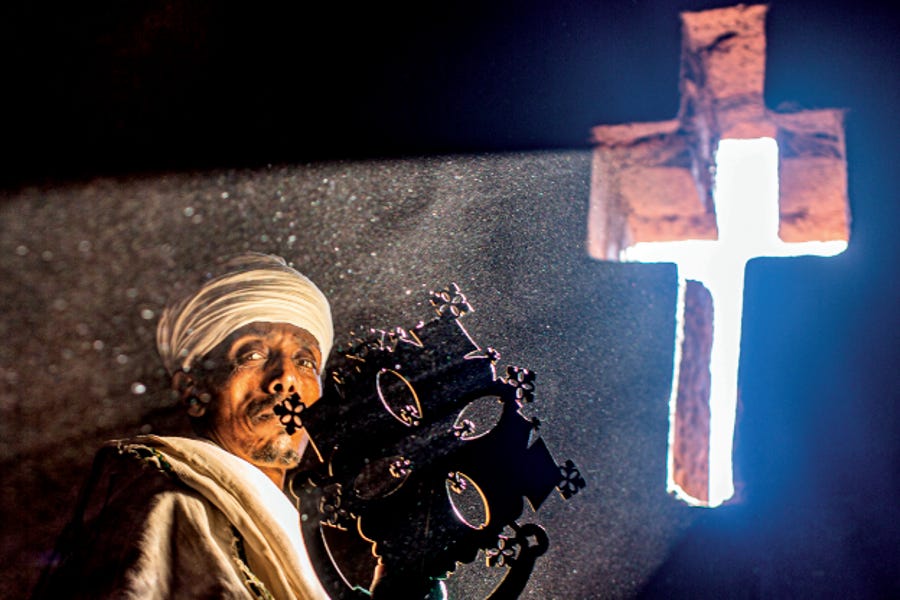New report: Anti-Christian violence ‘passes threshold of genocide’ in some countries
The charity Aid to the Church in Need said that the oppression or persecution of Christians intensified in 75% of the nations it tracked in 2020-2022.

Anti-Christian persecution in Nigeria and other countries “clearly passes the threshold of genocide,” according to a report released Wednesday by Aid to the Church in Need (ACN).
The Catholic charity found that oppression or persecution of Christians increased in 75% of the countries it tracked between October 2020 and September 2022, compared with the p…
